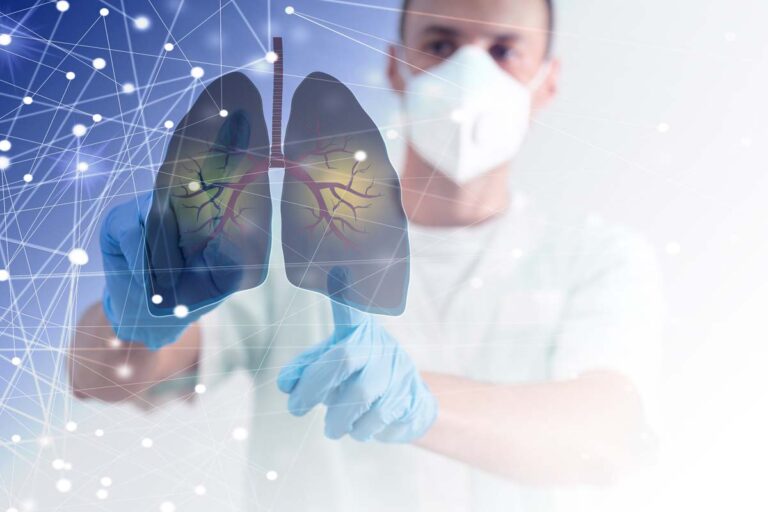Is it me or is it hot in here? Hot flashes are the most common symptom that women experience during the menopausal transition. Slowing egg production in the ovaries and the subsequent decline and fluctuating levels of female hormones are responsible for menopause symptoms.
If you are a woman in your 40s or 50s, your coworkers probably are not playing an April Fool’s joke on you by changing the thermostat setting in your office. Although some women are spared the uncomfortable symptoms of menopause, most are not.
Perimenopause starts when your periods become irregular and lasts until you have gone a full year without menstruating. It generally occurs between the ages of 45 and 55 and typically lasts seven years but can last longer. This is a natural part of aging – on average, U.S. women achieve menopause at 51 years of age.
Each woman’s experience is different, but some common perimenopause symptoms are:
• Irregular periods
• Hot flashes – night sweats – chills
• Sleep problems – insomnia
• Vaginal dryness – changes in sexual desire
• Mood changes – irritability, depression, forgetfulness, difficulty concentrating
• Weight gain – slowed metabolism – loss of muscle mass and breast fullness
• Hair loss, dry skin
• Joint and muscle aches, headaches
• Needing to urinate frequently
Tips for managing perimenopause and menopause:
• Avoid your hot flash triggers (caffeine, alcohol, spicy foods, hot beverages)
• Stop smoking
• Exercise regularly and maintain a healthy weight
• Eat a balanced diet
• Reduce stress/meditate
• Get adequate rest and sleep
• Sleep with a fan on
• Wear lightweight clothing
• Stay hydrated
• Use lubricant for vaginal dryness
• Consider medication or hormone therapy
For many women this is a time of freedom – from the risk of pregnancy and the discomforts of menstruation. For others it may represent a time of loss, being no longer able to bear children. It is a time when our health risks change. Osteoporosis, cardiovascular disease, weight gain and frequent urinary tract infections (UTI) may occur.
According to the American Heart Association, one-third of post-menopausal women will have a heart attack in the decade following menopause. Women who have a family history of heart disease and had frequent, persistent hot flashes are at higher risk. Bone loss is most rapid the year before menopause and the three following years, according to the American College of Obstetricians and Gynecologists. Vaginal tissue becomes thinner and drier making women more prone to UTIs.
To reduce your risk, eat a heart healthy diet, do not smoke, and be sure to exercise at least 150 minutes a week. Include weight bearing exercises, brisk walking or running for example, to decrease bone loss of osteoporosis. Get adequate vitamin D and calcium through diet or supplements. The risk of UTIs can be lowered as well. Talk to your doctor if you have suffered more than two UTIs in a six-month period or for any questions, concerns, or needed support. Now if you would all just stop messing with that thermostat!
Dr. Debra Ganter is an OB/Gyn at Lutheran Medical Center.






